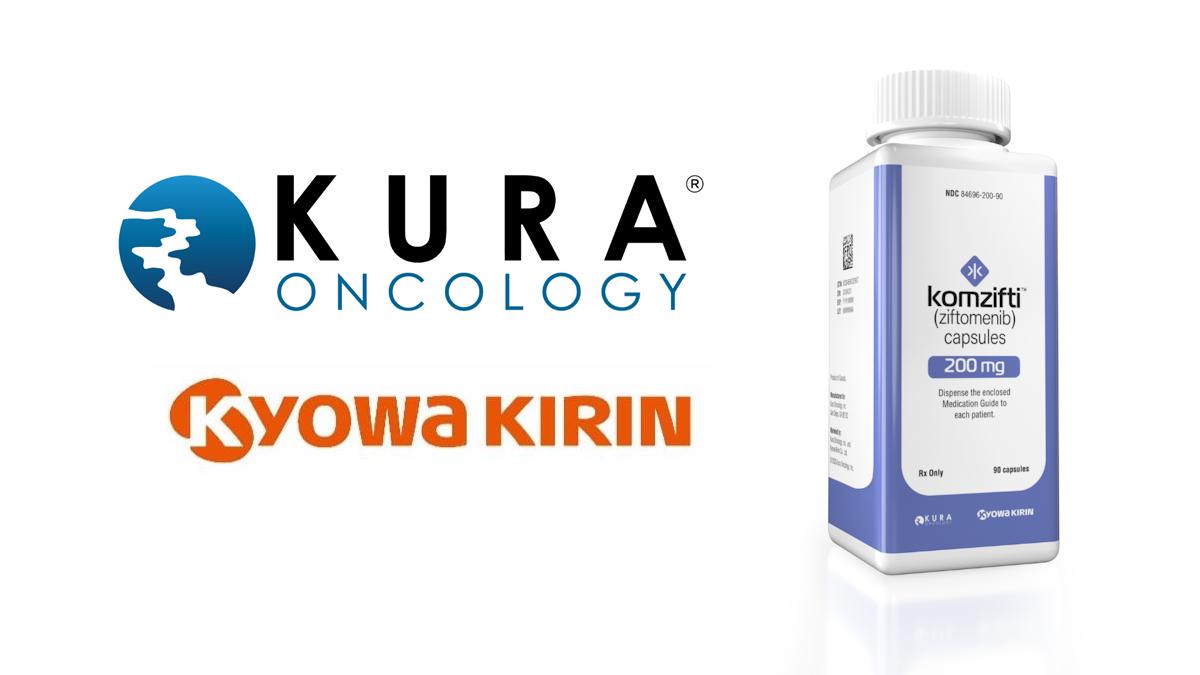Actinium's radioligand filing plans scuppered by FDA

Shares in Actinium Pharmaceuticals have lost almost two-thirds of their value after the FDA asked for a second clinical trial before it would consider reviewing the company's Iomab-B radioligand therapy.
The New York biotech said that the FDA had concluded that the SIERRA trial of Iomab-B was "not adequate" to support a filing of the drug, despite showing a statistically significant improvement in clinical response rates in patients with active relapsed or refractory acute myeloid leukaemia (AML).
Now, Actinium is downgrading the priority of the programme and turning its attention to other pipeline candidates including Actimab-A, a radiotherapeutic in phase 1/2 testing for relapsed/refractory AML, and Iomab-ACT, a lower-dose version of Iomab-B intended as a conditioning agent for gene and cell therapies (CGT).
When the biotech revealed the results of the trial last year, it sparked speculation of potential blockbuster sales for Iomab-B, which is intended for use as an induction and conditioning therapy for AML patients who need a bone marrow transplant. It consists of an anti-CD45 antibody (apamistamab) carrying an iodine-131 payload.
Now, the FDA has said it wants to see a head-to-head, randomised clinical trial showing an improvement in overall survival with Iomab-B compared to standard induction therapy.
Actinium shares fell 60% after the announcement in after-market trading, as investors contemplated what looks likely to be a considerable delay for the programme - if it goes forward at all. The company has accepted the FDA's position, saying it will ask for a meeting to discuss the protocol for the new study, but has also said it will need to find a partner to help take it forward.
It's a dramatic setback for the company, which a few months ago was trumpeting a doubling in median overall survival (OS) from 3.2 to 6.4 months in the SIERRA dataset, which it said was unprecedented for new AML therapies in general, let alone those aimed at an older, heavily pre-treated population.
Conditioning to deplete stem cells is critical for patients receiving BMT to treat haematological cancers, as well as those undergoing ablation of the bone marrow to prepare for cell and gene therapies. However, current regimens based on intensive chemo- and radiotherapy are very aggressive, so are not suitable for frail patients.
The company said that the FDA has insisted that the new head-to-head study compare Iomab-B plus a reduced-intensity conditioning regimen of fludarabine and total body irradiation (flu/TBI), to cyclophosphamide plus Flu/TBI. That differs from the SIERRA design, which allowed physicians to choose a conditioning regimen.
Furthermore, the new study will not allow patients to crossover from the control arm, which was allowed in the SIERRA trial and - according to the company - confounded the OS analysis.
"While this is not the outcome we expected, we will work with the FDA to further discuss specifics of the proposed randomised head-to-head clinical study to determine its strategic feasibility," commented Dr Avinash Desai, Actinium's chief medical officer.












